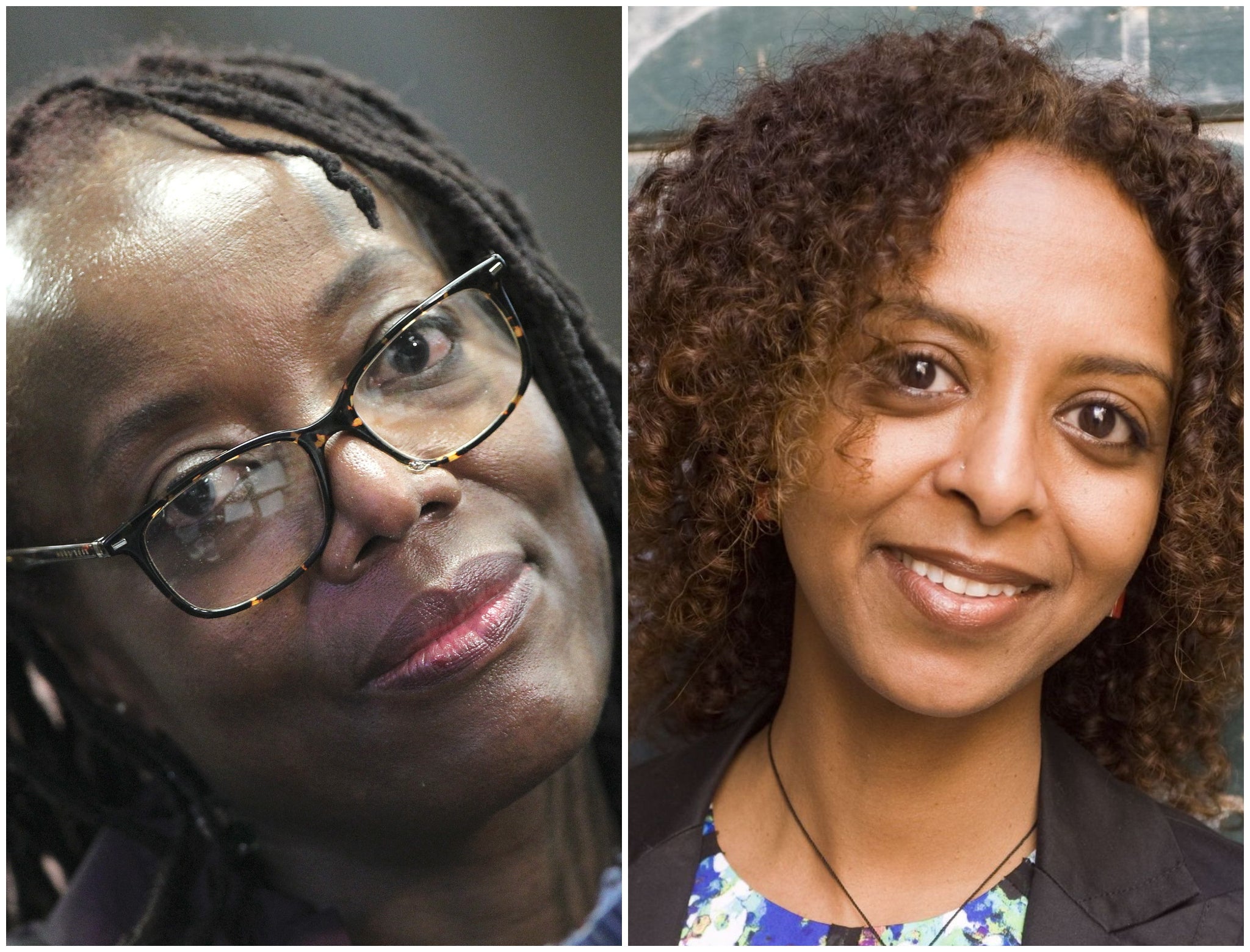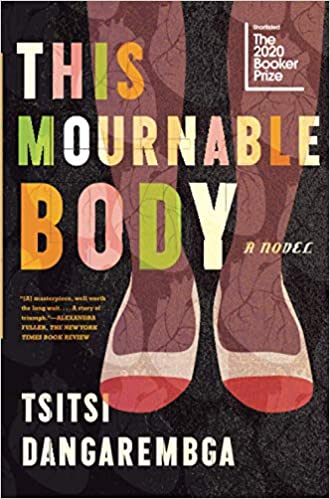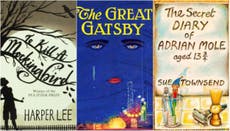Booker Prize 2020: A guide to the shortlisted authors, from Douglas Stuart to Avni Doshi
Ahead of the prestigious award ceremony, Martin Chilton takes a look at the authors competing for the top literary prize


Your support helps us to tell the story
From reproductive rights to climate change to Big Tech, The Independent is on the ground when the story is developing. Whether it's investigating the financials of Elon Musk's pro-Trump PAC or producing our latest documentary, 'The A Word', which shines a light on the American women fighting for reproductive rights, we know how important it is to parse out the facts from the messaging.
At such a critical moment in US history, we need reporters on the ground. Your donation allows us to keep sending journalists to speak to both sides of the story.
The Independent is trusted by Americans across the entire political spectrum. And unlike many other quality news outlets, we choose not to lock Americans out of our reporting and analysis with paywalls. We believe quality journalism should be available to everyone, paid for by those who can afford it.
Your support makes all the difference.The 2020 Booker Prize for Fiction contains the most diverse shortlist in the award’s 51-year history, featuring four debut novels, and four books by writers of colour. One of these authors is Zimbabwean author Tsitsi Dangarembga, who was arrested this July in Harare for anti-government protests. The award has come a long way since it was dominated by male, privately-educated writers, something that prompted author Julian Barnes to dub the Booker Prize “posh bingo”.
The shortlist is full of surprises, including the omission of two-time winner Hilary Mantel, and is biased towards writers who are American or based in America. Only one British-born writer – Douglas Stuart for the superb Shuggie Bain – made the final list of six for a UK-based prize. Diane Cook, Avni Doshi, Maaza Mengiste and Brandon Taylor are also vying for the £50,000 reward.
As well as skilful storytelling, what unites the six books (whittled down from 162 original contenders) is the theme of individuals battling to sustain hope and humanity under the most demanding circumstances, whether that’s in poverty-stricken Glasgow in the 1980s, or as an Ethiopian female freedom fighter in the 1930s.
Picking a winner is subjective – I would have included Colum McCann’s masterpiece Apeirogon, cut at the longlist stage – but it will be a major surprise if judges repeat last year’s contentious decision to split the prize, when it was shared between Margaret Atwood and Bernardine Evaristo, the first black woman to win.
The winner is usually confirmed at a dinner at London’s Guildhall, but because of the pandemic it will be announced in a BBC broadcast from London’s Roundhouse (7.15-8pm, Thursday 19 November), in an online ceremony featuring former US president Barack Obama.
Here’s a quick guide to the shortlisted books:
Diane Cook: The New Wilderness (Oneworld Publications, £16.99)
Diane Cook researched the ways of bygone primitive cultures and the skills of tribal populations for her debut novel The New Wilderness, which is about a group of people trying to survive in a bewildering near-future blighted by environmental disaster. Although this threatened community grows hardened by its exposure to death, the central relationship between Bea and her daughter Agnes is incredibly moving.
Avni Doshi: Burnt Sugar (Hamish Hamilton, £14.99)
Avni Doshi’s debut novel Burnt Sugar, set in India, is also a mother-daughter drama, but one about an intense, toxic relationship. The pregnant narrator Antara is preoccupied with her unpleasant mother’s Alzheimer’s, as Antara faces up to the truth about their fraught, conflict-filled past. As well as a searing social commentary, Doshi has written a defiantly unsentimental (and sometimes bleakly humorous) tale about the chaos of family life.
Tsitsi Dangarembga: This Mournable Body (Faber, £14.99)

Tsitsi Dangarembga’s This Mournable Body is the third instalment in a trilogy following the protagonist Tambuzai’s life in Zimbabwe. This is a tale of being dashed down by life in a decaying post-colonial state. It’s narrated in a distanced second-person and although it is a deeply personal tale, it also casts a cold (and comical) eye on the impacts of racism and sexism on a 40-year-old woman in Zimbabwe, a place where the author has been targeted because of her public dissent.
Maaza Mengiste: The Shadow King (Canongate £8.99)
Maaza Mengiste’s great-grandmother was among the Ethiopian women who enlisted to fight in the front lines against fascists. The fierce resistance against Mussolini’s invasion in 1935 is at the heart of a panoramic historical novel that honours these little-known female freedom fighters. The Shadow King is full of complex characters, including the emperor Haile Selassie, and is a thoughtful meditation on love and the passing of time.
Brandon Taylor: Real Life (Daunt Books, £9.99)
Wallace, Brandon Taylor’s protagonist in Real Life, is a gay, black man who has to navigate between destructive colleagues and complex friends as he struggles to cope with the isolation and intrigue of life on a US campus. As well as a deft human drama, Taylor’s debut novel is full of sumptuous writing about scientific experiments. It’s a memorable portrait of 21st-century friendship amid a pantomime of intimacy and “a cult of happiness”.
Douglas Stuart: Shuggie Bain (Picador, £14.99)

Shuggie Bain, the debut novel by Glaswegian-born Douglas Stuart, is the bookmakers’ favourite to win the Booker, and would get my vote. It’s a brutal, tender and darkly funny account of Shuggie, a child who grows up as the gay son of Agnes, a self-destructive, wild alcoholic drowning in the Thatcher-ravaged Glasgow of the 1980s. Bain’s haunting story is about poverty, inequality, toxic masculinity, homophobia and how even the worst situations can bring out the best in people.
The Booker Prize winner will be announced in a live ceremony broadcast by BBC Front Row and BBC iPlayer from 7.15pm on Thursday 19 November



Join our commenting forum
Join thought-provoking conversations, follow other Independent readers and see their replies
Comments